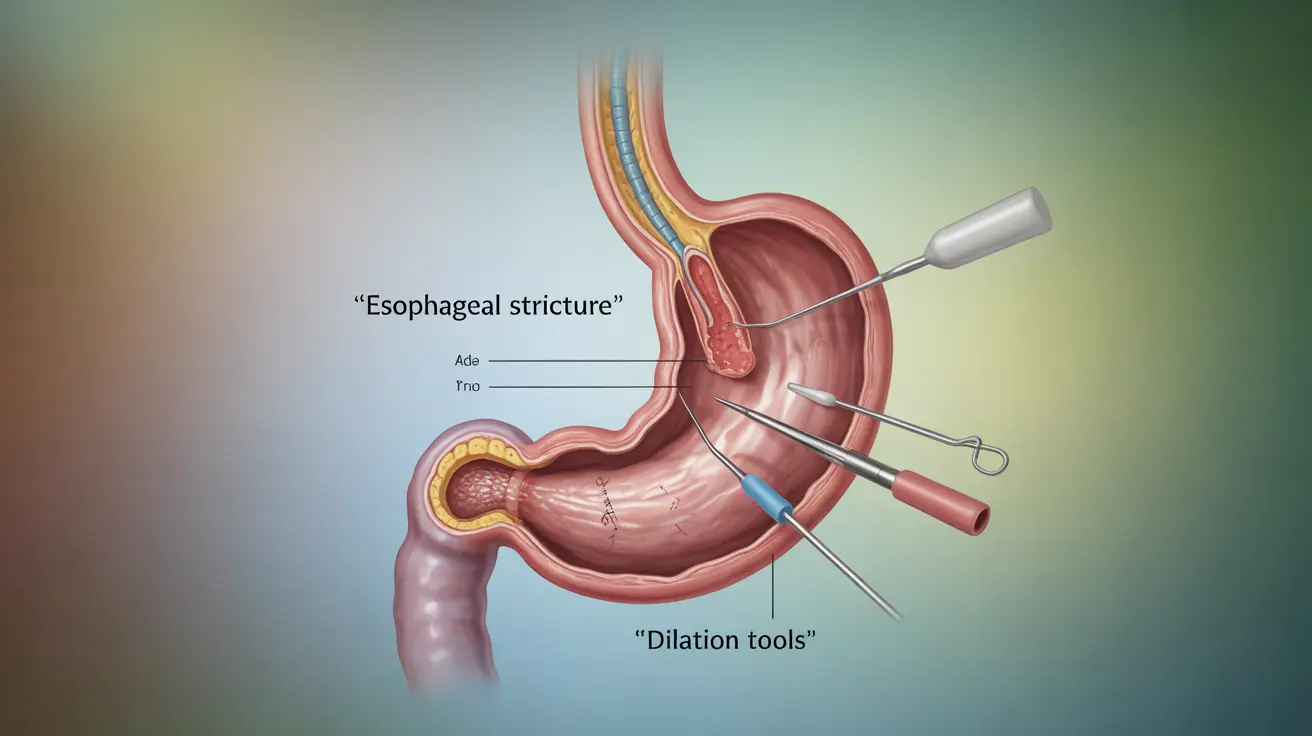Serrapeptase, also known as serratiopeptidase, is a proteolytic enzyme originally discovered in silkworms. This naturally occurring enzyme has gained attention in the medical community for its potential anti-inflammatory and pain-reducing properties. While it's been used in traditional medicine for decades, particularly in Asia, understanding its benefits, risks, and proper usage is crucial for anyone considering this supplement.
In this comprehensive guide, we'll explore the scientific evidence behind serrapeptase, examine its safety profile, and provide clear guidance on its appropriate use for various health conditions.
Understanding Serrapeptase and Its Mechanisms
Serrapeptase works by breaking down specific proteins in the body, potentially helping to reduce inflammation and clear non-living tissue. This enzyme was first isolated from the intestines of silkworms, where it helps the moth break free from its cocoon. In human health applications, its protein-dissolving properties have led to various therapeutic uses.
Research-Backed Benefits of Serrapeptase
Anti-inflammatory Effects
Scientific studies suggest that serrapeptase may help reduce inflammation in various conditions. Its mechanism involves breaking down inflammatory proteins and reducing swelling in affected tissues.
Pain Management
Research indicates potential benefits in managing various types of pain, particularly post-operative pain and chronic inflammatory conditions. However, more large-scale clinical trials are needed to fully validate these effects.
Respiratory Support
Some evidence suggests that serrapeptase might help break down excess mucus and reduce inflammation in respiratory conditions. This could potentially benefit individuals with chronic respiratory issues.
Safety Considerations and Precautions
Potential Side Effects
While generally considered safe when taken as directed, serrapeptase can cause several side effects, including:
- Digestive issues such as nausea and stomach discomfort
- Skin reactions
- Muscle aches
- Joint pain
- Minor blood clotting changes
Important Drug Interactions
Particular caution is needed when combining serrapeptase with certain medications, especially:
- Blood thinners
- Anti-inflammatory drugs
- Certain antibiotics
Proper Dosage and Administration
The appropriate dosage of serrapeptase varies depending on the specific condition being treated. Generally, doses range from 10,000 to 60,000 SPU (Serratiopeptidase Units) per day. It's crucial to:
- Take the supplement on an empty stomach
- Start with a lower dose and gradually increase if needed
- Follow manufacturer recommendations
- Consult with a healthcare provider before starting supplementation
Frequently Asked Questions
What are the proven health benefits of taking serrapeptase supplements?
Serrapeptase has shown potential benefits for reducing inflammation, managing post-operative swelling, and supporting respiratory health. However, while some clinical studies support these benefits, more research is needed for definitive proof of its effectiveness for specific conditions.
Is serrapeptase safe to use with blood thinners or before surgery?
No, serrapeptase should not be used with blood thinners or before surgery due to its mild blood-thinning properties. It's recommended to stop taking serrapeptase at least two weeks before any scheduled surgery and to consult with your healthcare provider if you're on blood-thinning medications.
What are the common side effects and risks of serrapeptase?
Common side effects include digestive issues, mild stomach pain, and occasional skin reactions. More serious but rare side effects can include bleeding risks and allergic reactions. People with bleeding disorders or those taking blood-thinning medications should avoid serrapeptase.
How should serrapeptase be taken for pain or inflammation, and what is the recommended dosage?
For pain and inflammation, typical doses range from 10,000 to 60,000 SPU daily, taken on an empty stomach. The exact dosage depends on your specific condition and should be determined in consultation with a healthcare provider. Always start with a lower dose to assess tolerance.
Can serrapeptase help with respiratory conditions like bronchitis or sinusitis?
Some studies suggest that serrapeptase may help reduce mucus thickness and inflammation in respiratory conditions like bronchitis and sinusitis. However, while promising, more research is needed to fully validate its effectiveness for these specific conditions.




